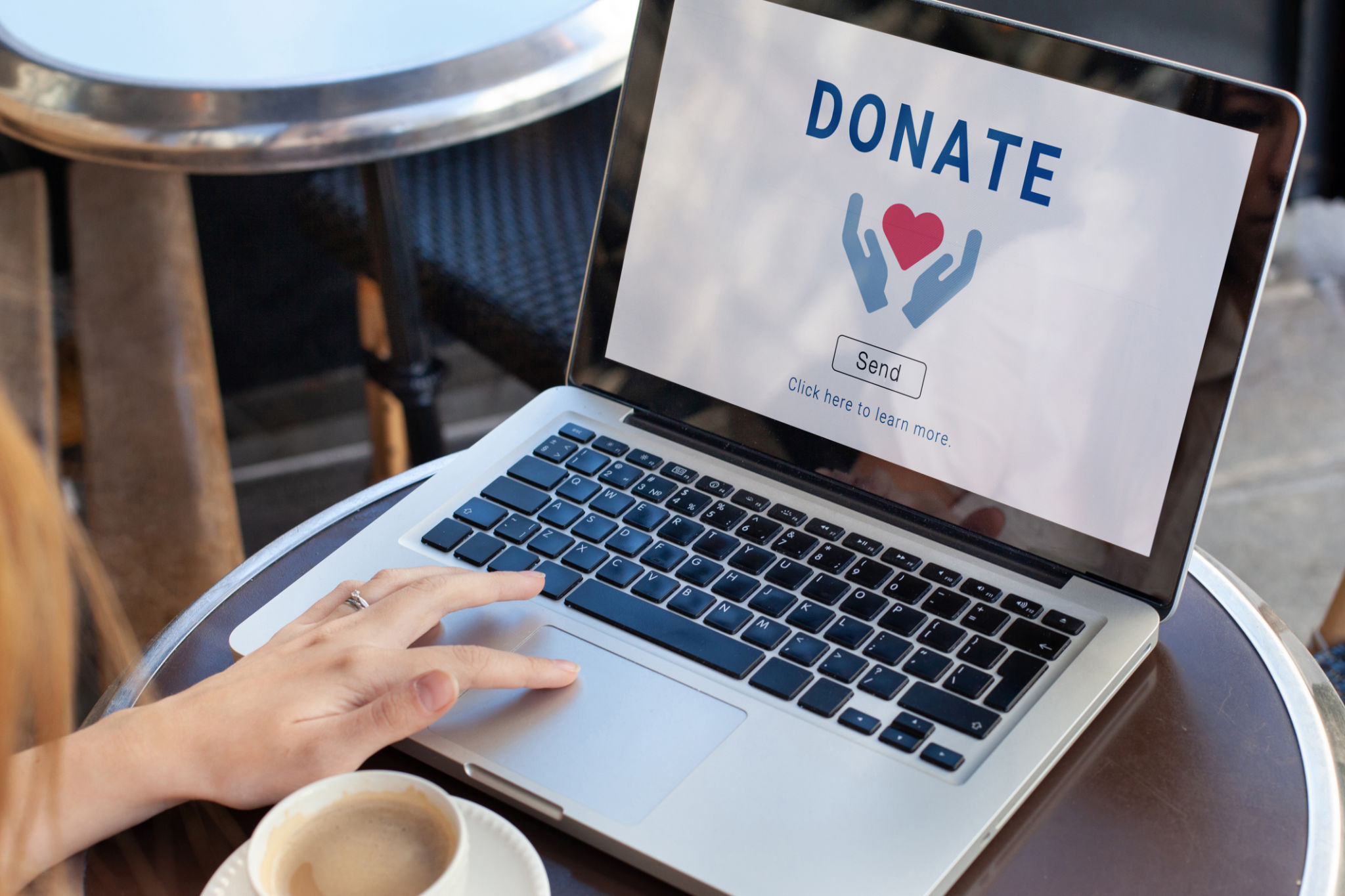The Ultimate Checklist for Planning a Successful Charity Event
Planning a successful charity event requires careful attention to detail and a strategic approach. Whether you're organizing a small fundraiser or a large gala, having a checklist can ensure no crucial elements are overlooked. Here’s the ultimate guide to help you through the process.
Define Your Goals and Objectives
The first step in planning any charity event is to clearly define your goals and objectives. Ask yourself what you hope to achieve with this event. Is it to raise a specific amount of money, increase awareness, or perhaps engage new supporters? Having clear goals will help guide every decision you make throughout the planning process.

Set a Budget
A well-defined budget is essential for a successful charity event. List all potential expenses, including venue costs, catering, entertainment, marketing, and any other logistical needs. Don’t forget to allocate funds for unexpected costs. It's important to balance your expenses with your fundraising goals to ensure that the event is profitable.
Assemble a Team
Organizing a charity event is no small feat, and having a reliable team can make the process much smoother. Delegate tasks based on individual strengths, such as logistics, marketing, or volunteer coordination. Regular meetings should be scheduled to track progress and address any challenges that arise.

Choose the Right Venue
The venue can set the tone for your entire event. Consider factors such as location, capacity, and accessibility when selecting a venue. Additionally, ensure that the venue aligns with the theme of your event and offers the necessary facilities and services required for your program.
Develop a Marketing Strategy
Effective marketing is critical to attracting attendees and sponsors. Utilize various channels such as social media, email marketing, and traditional advertising to promote your event. Collaborate with local businesses or influencers to widen your reach. Remember, the earlier you start promoting your event, the better.

Secure Sponsorships
Sponsorships can significantly offset costs and enhance your event’s credibility. Identify potential sponsors who align with your cause and prepare a compelling pitch highlighting the benefits of partnering with your event. Offer various sponsorship levels to cater to different business sizes.
Plan the Program
A well-structured program keeps attendees engaged and ensures that your message is effectively communicated. Consider incorporating a mix of speeches, entertainment, and interactive activities. Don’t forget to schedule breaks to allow guests time to network and enjoy themselves.
Implement Logistics
Logistics play a crucial role in the smooth execution of your event. Confirm all bookings and arrangements in advance, including transportation, accommodation for special guests, and any technical needs like audiovisual equipment. Creating a detailed timeline can help manage the flow of the event efficiently.
Follow Up and Evaluate
Once your event is over, take the time to evaluate its success. Gather feedback from attendees and team members to understand what worked well and what could be improved for future events. Follow up with thank-you notes or emails to express gratitude to donors, sponsors, and volunteers who contributed to your event's success.

